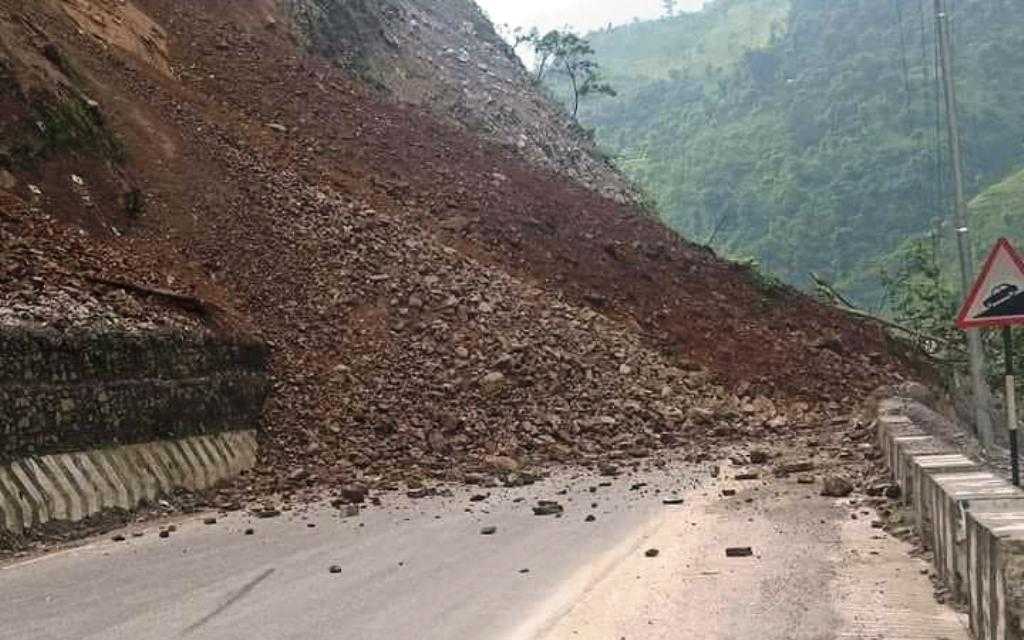

SURKHET: The Himalayan districts in the Karnali Province are known for livestock and apple farming. However, farmers here are unable to secure adequate return from their produces, as they face many challenges, especially the easy and affordable transportation of the fruits to outer markets.
Irrespective of the government’s claim of linking all districts to the national road networks, there is sheer dearth of reliable road access to ferry the products from distant hills to the highways.
The Karnali Corridor, a major lifeline to the upper Karnali, linking it to the southern plains and across the country, gests disrupted each year during the monsoon season, posing hurdles for the farmers to transport their produces to the market. It eventually leads to the decay of juicy fruits grown in cold Himalaya. The farmers from Jumla, Mugu, and Humla districts suffer much from this problem every year- the apples are decayed even in the orchard.
In Jumla, apple production dropped this year compared to last year, primarily due to hailstorms, rain and drought.
According to Ram Bhakta Adhikari, Head of the Agriculture Development Office in Jumla, apples are examined for their quality and sweetness before supplying to the market. As he said, the Office has started garnering data on apple production, exports and income. He also added that suppliers have started purchasing apples directly from the orchards. Farmers are selling apples at Rs 70 per kilogram straight from their groves.
Irrespective of this, farmers are selling the fruits at the rates they have determined by themselves. In the previous years, the Office would set the price for apples.
Under the Prime Minister’s Agriculture Modernization Project, the Apple Super Zone has distributed 11,000 cartons to farmers, who are using these cartons to sell their produce. Apples of Jumla are being supplied to various cities including Surkhet, Nepalgunj, Butwal, Chitwan, and Kathmandu.
This year only 2,900 hectares have been used for producing apples in the district, though 4,400 hectares of land has been dedicated for apple cultivation in the district.
“Though the apple farming is a potential source of good income for farmers here, transportation issues remain a major problem,” he added. Varieties of apples, including red, royal, jonathan, golden, gala, fuji and jonaprince are produced in the district.